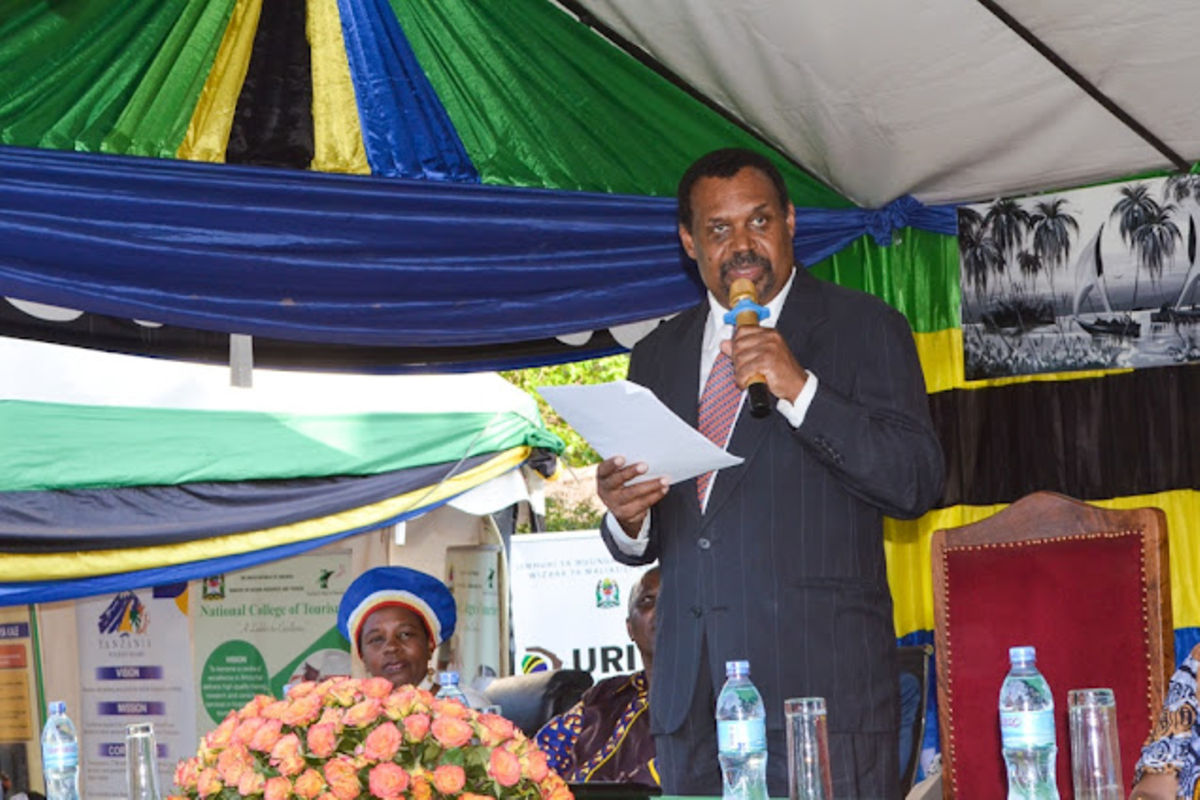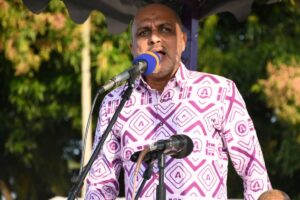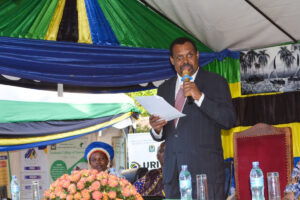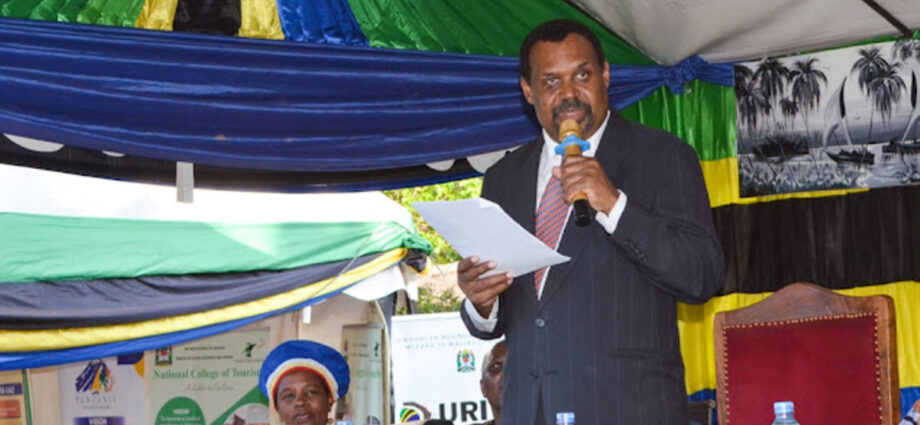
Diplomat Ali Karume has faulted the decision by the Revolutionary Government of Zanzibar (SMZ) to lease the islets that surround the islands of Unguja and Pemba to private developers saying it was not in national interests.
Speaking to journalists at his home in Maisara, among other issues that he addressed, Ali who is son of the founding father of Zanzibar Abeid Amani Karume said leasing of the 52 islets for 33 years does not make any economic sense.
“Zanzabar’s budget is at Sh2.5 trillion which is about $1.1 billion and now you lease an islet at about $3 million for a period of 33 years of which some $500,000 went into private pockets. How much is this adding to the economy? ” queried Mr Karume.
He added: At the end of the day you degrade the respect that your country and that of your fellow citizens because of $2.5 million.
According to Mr Karume, he is against the whole idea because leasing of islets will at the end of the day not make any economic impact to Zanzibar
Speaking to The Citizen in an earlier interview, ZIPA’s Shida Makame said that investments in the islets have attracted some $442 million in the past two years.
According to the Zanzibar Investment Promotions Authority’s (ZIPA) website:
Zanzibar is an archipelago made up of two main islands, Unguja and Pemba, as well as several smaller islands (islets). In total, there are estimated to be fifty-seven (57) islets in Zanzibar, 32 in Pemba, and 25 in Unguja, with nine (9) in Pemba and two (2) in Unguja being inhabited.
ZIPA goes on to say “Zanzibar welcomes investments in specially selected islets with projects that do not disturb the delicate nature of both the terrestrial and marine environments, as well as the islets’ neighboring communities. An islet that has been opened up for investment is made available to the public through a transparent and competitive bidding process, which is followed by a biodiversity inventory study conducted by the Government to provide a baseline for protection and development guidance.”
According to ZIPA “The successful bidder receives a Land Lease Agreement. In exceptional circumstances, the government may lease an islet, a portion of an islet, or a cluster of islets directly to an investor with an exceptional track record of major investments that have demonstrated environmental stewardship or for strategic investment.”
Relocation of Residents Unconstitutional
In another development, the diplomat also said that the decision to move residents of Kilimani to pave way for a new project was unconstitutional.
“Those flats were established by the Revolutionary council meeting and it can only be undone by that council and besides constitutionally you cannot nationalise private property unless it is in the interest of the public,” he said.
According to him the only time when property was nationalised was after the 1964 revolution, saying that it was a one off and that is why that right is enshrined in the constitution.
Share this news
This Year’s Most Read News Stories

ACT-Wazalendo calls for withdrawal of mandatory travel insurance in Zanzibar
Starting October 1, all visitors to Zanzibar will be required to purchase a mandatory travel insurance policy costing $44 at the point of entryContinue Reading

Karume faults lease of Zanzibar Islets
Diplomat Ali Karume has faulted the decision by the revolutionary government of Zanzibar to lease the islets that surround the islands of Unguja and Pemba to private developers saying it was absolutely not in Zanzibar’s national interests.Continue Reading

Serikali: Sampuli zilizochukuliwa hazijathibisha virusi vya Marburg
Wakati Shirika la Afya Duniani (WHO) likisema watu wanane wamefariki dunia kutokana na ugonjwa unaoshukiwa kuwa wa virusi vya Marburg (MVD) mkoani Kagera, Wizara ya Afya ya Tanzania imesema sampuli zilizochukuliwa hazijathibitisha uwepo wa virusi hivyo.Continue Reading











